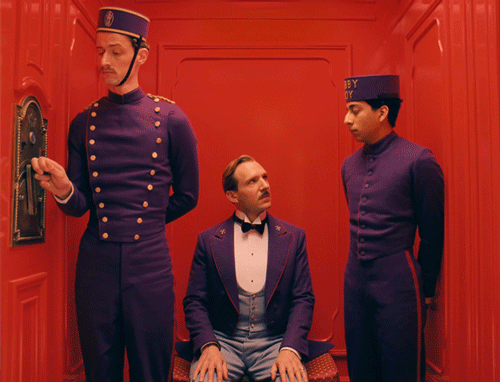
Advertisement
Advertisement
Advertisement
Advertisement
Advertisement
Advertisement
What? You want more Dumb and Dumber? Here's a track-by-track breakdown of the soundtrack, you nerd.The Score: Mapping the Music and Style of CluelessThe Score: Mapping the Music and Style of Empire RecordsThe Score: Mapping the Music and Style of That Thing You DoThe Score: Mapping the Music and Style of 200 Cigarettes